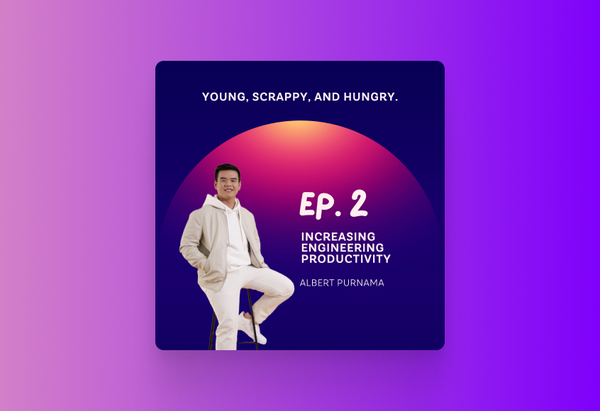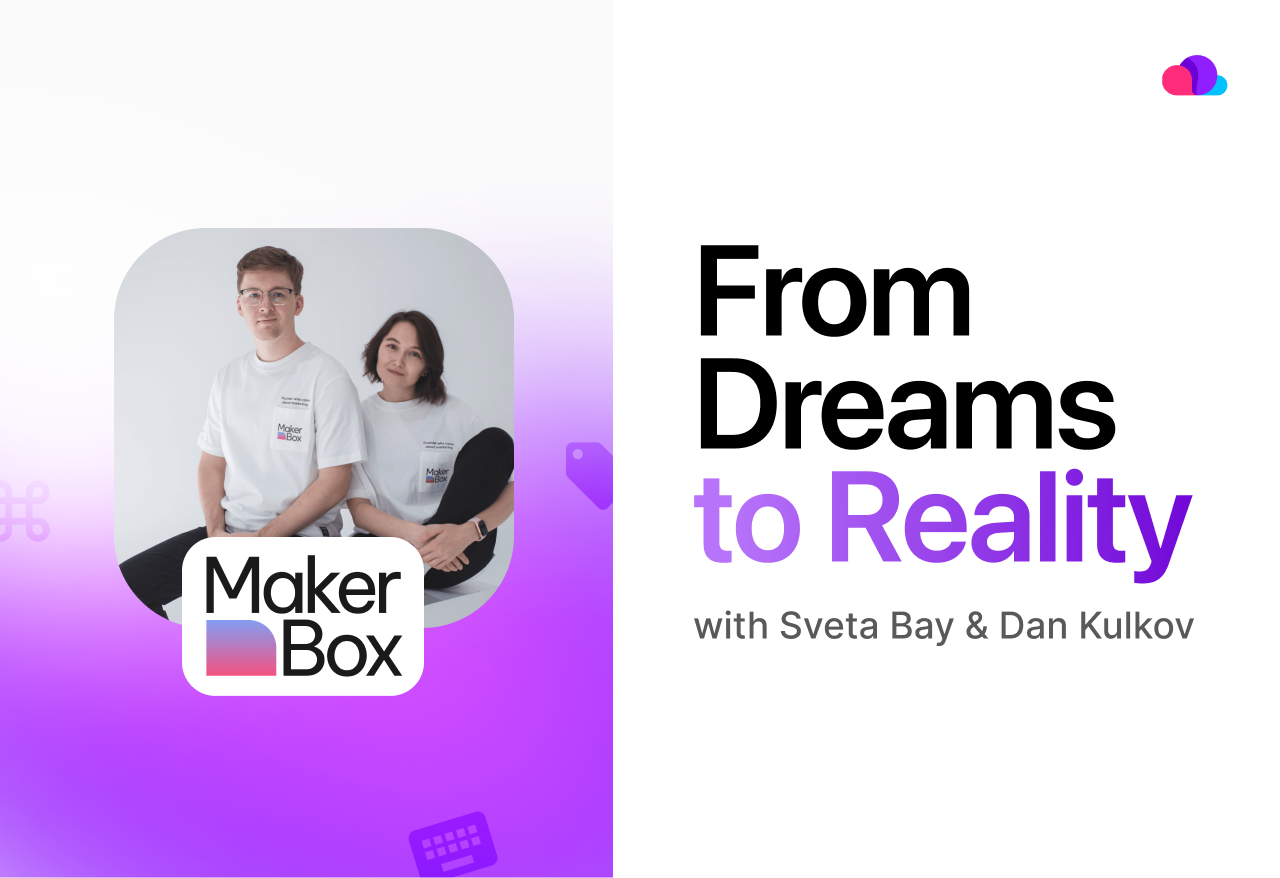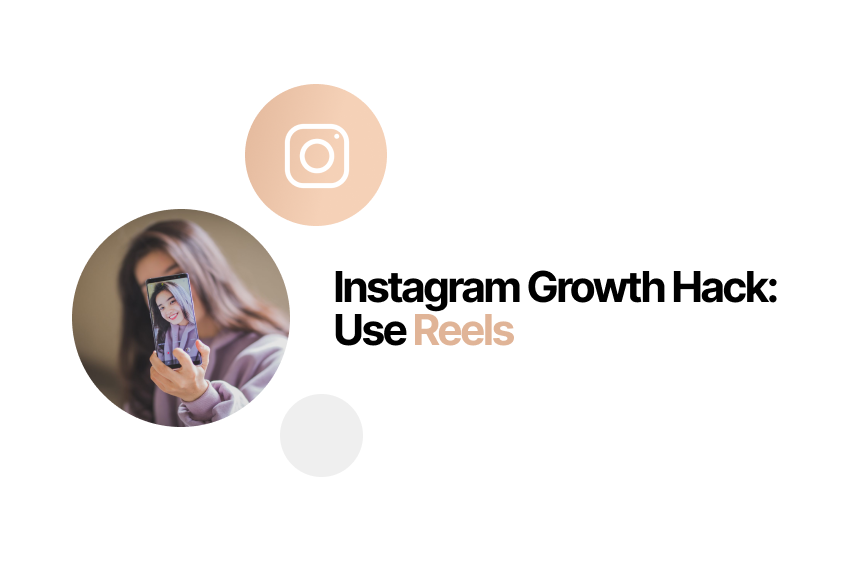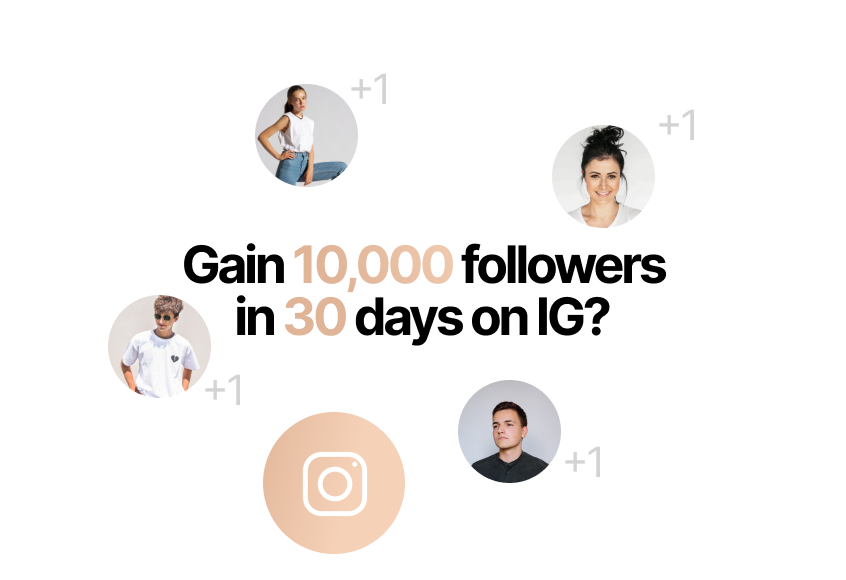Increasing engineering productivity with Albert
2023-03-29
A transcript of Episode 2 of our Young, Scrappy, and Hungry Podcast
See More Posts
We're a remote software company, building online tools for creators, builders, and side hustlers. We quit our 9-5 to pursue our dreams, and we want to help others do the same.
Backed by
Copyright © 2023 Govest, Inc. All rights reserved.



